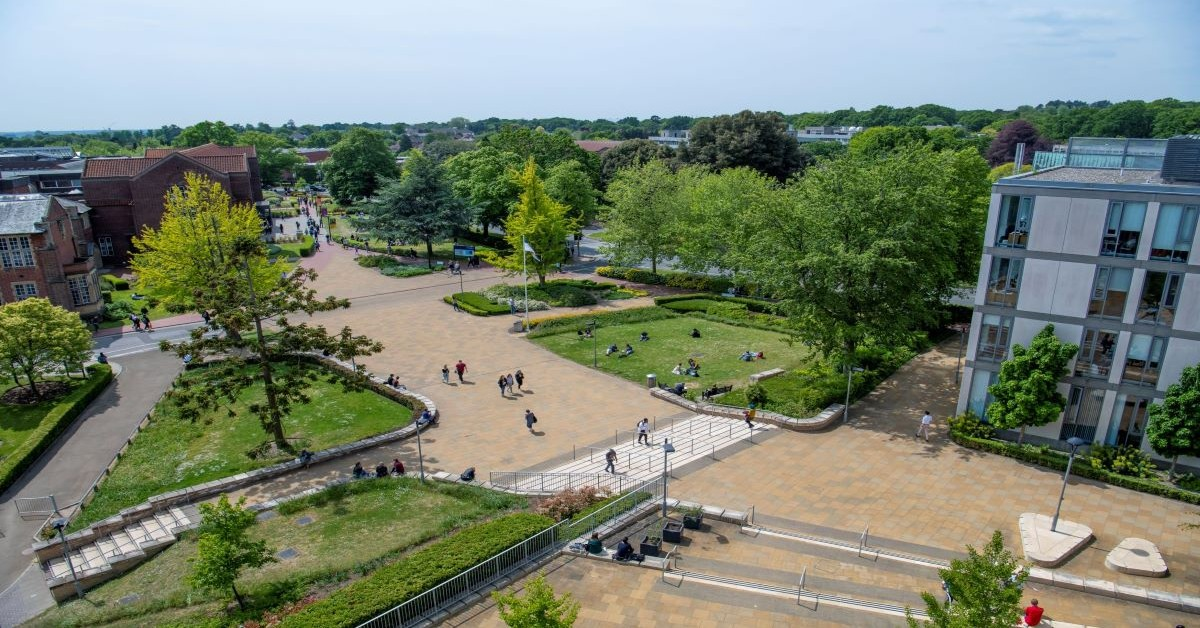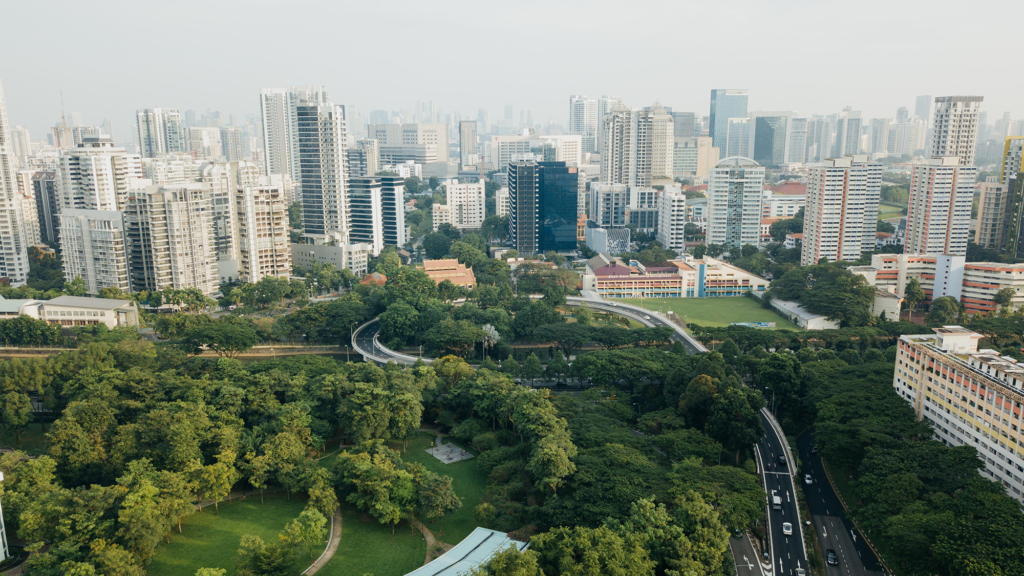City Know-hows

The COVID-19 pandemic restrictions and the switch to online learning impacted the life of university students. We looked at wellbeing in relation to use of greenspaces during the 3rd ‘lockdown’ in England.
Share
Target audience
City neighbourhood planners, general population, university community health committees, and university students.
The problem
Pre-pandemic, university students were identified as a group with low levels of wellbeing. The pandemic forced universities to pivot to online education, limit access to campus, and restrict socialization within campus accommodations, creating a situation furthering the risk of lower wellbeing. While well-designed healthy neighbourhoods can have important impacts on the health and wellbeing of residents, particularly through greenspaces, little is known about wellbeing in relation to greenspace during the pandemic among university students.
What we did and why
We aimed to document wellbeing during the COVID-19 pandemic restrictions among university students in England in relation to use of outdoor greenspace. To this effect, in April-May 2021, during the third ‘lockdown’ in England, we ran an online questionnaire study across 4 universities. Our aim is to contribute to the existing body of literature on outdoor greenspace and wellbeing, in support of neighbourhood public green planning.
Our study’s contribution
Our findings show that:
Impacts for city policy and practice
Neighbourhoods (and university campuses) would benefit from continual green access planning. Emphasis should be placed on quality of greenspaces, these health-oriented environments confer mental wellbeing benefits and should be encouraged.
Further information
Universities UK mental wellbeing framework: “StepChange: Mentally healthy universities”
Full research article:
Neighbourhood greenspaces and mental wellbeing among university students in England during the COVID-19 pandemic: an online survey under lockdown by Anaïs Lemyre, Benjamin W. Chrisinger, Emma Palmer-Cooper & Jane P. Messina.
Related posts

Solid waste production is rapidly increasing in Kenyan cities. However, the implementation of available policies to address the canker leaves much to be desired.

Discover how neuroscientific methods reveal the impact of urban environments on mental well-being. Our study provides insights to help city planners design spaces that enhance mood and cognitive health, making cities better for everyone.

To create healthy urban places and spaces, public acceptance is key to success.